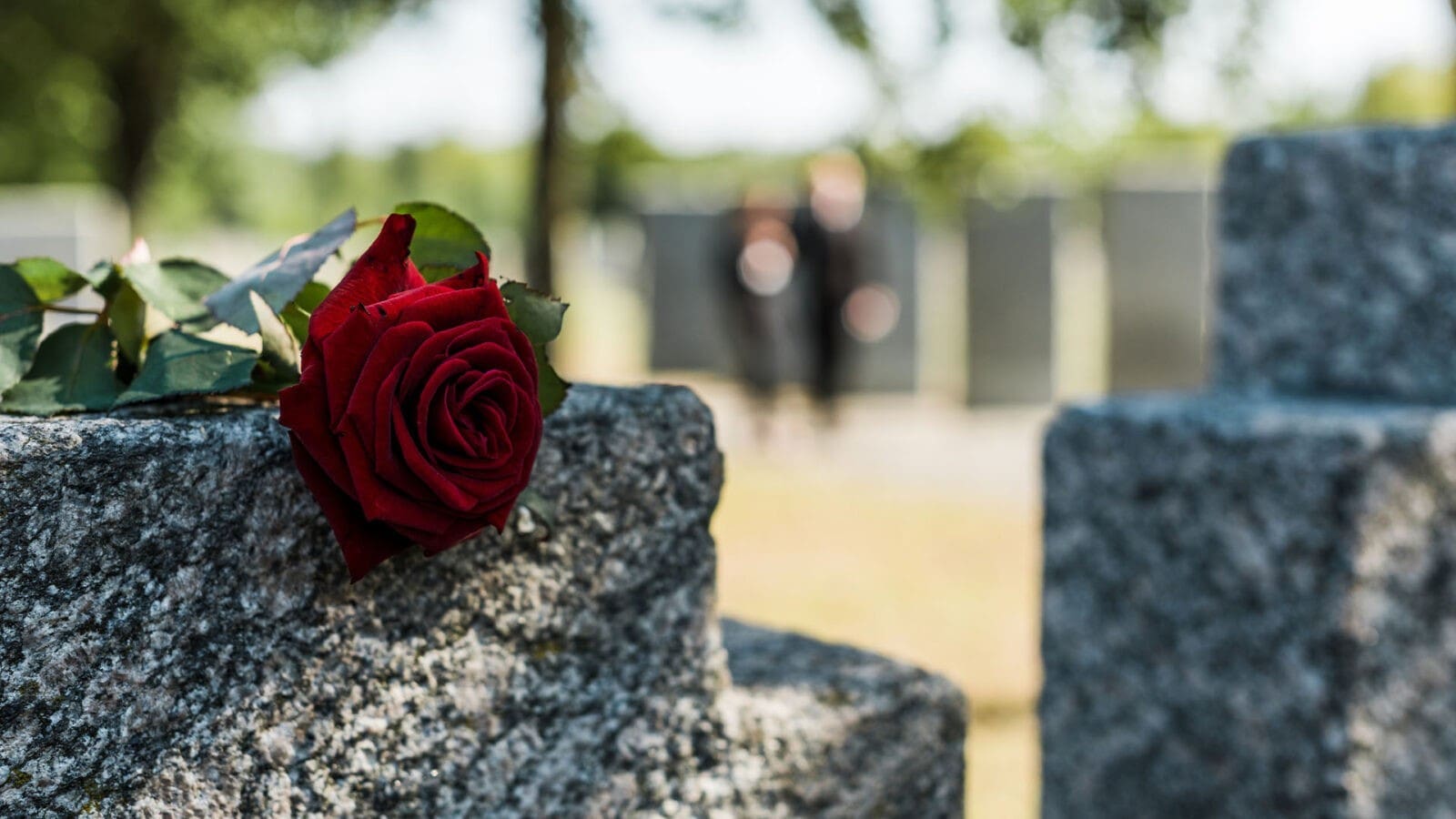
Dependency and Indemnity Compensation (DIC) Claims | VetLaw
The Department of Veterans Affairs (VA) provides benefits to deceased veterans’ surviving family members. In most cases, the eligible survivor is the veteran’s widow. Dependency and Indemnity Compensation (DIC) claims offer an opportunity to the families of former servicemembers who pass away as a result of their service-connected injuries to obtain benefits from VA.
A VA-accredited lawyer can advise you on what to include in your initial application for benefits. If VA has already rejected your DIC claim, an attorney from VetLaw’s knowledgeable legal team can assist you in filing an appeal to obtain a favorable outcome.
Requirements for Dependency and Indemnity Compensation
A deceased veteran’s relatives and surviving loved ones may qualify for DIC benefits. To be eligible for dependency and indemnity compensation, a widow (referred to by VA as a surviving spouse) must have:
- Been married to a veteran who died because of a condition that either was or could have been service-connected
- Spent at least one year married to the veteran, or had one more child together
- Cohabitated with the veteran continuously from the date of marriage until the date of death
Alternatively, a former servicemember’s surviving child – adopted or otherwise – would have to meet the following standards in order to qualify for DIC:
- Cannot be included on the veteran’s surviving spouse’s DIC
- Cannot be married
- Must be under 18 or between 18 and 23 while attending school
- Be totally disabled from a condition that began prior to the age of 18
For help with determining whether a claimant qualifies for dependency and indemnity compensation, it is best to enlist the services of a dedicated attorney from VetLaw’s team who is familiar with DIC claims.
The Burden of Proof for a Veteran’s Surviving Relatives
A decedent’s immediate family member has to show that the veteran died while on active duty or as a result of one or more disabilities that either were service-connected or could have been service-connected in order to qualify for DIC. They may need to compile medical evidence and service records to provide entitlement to service connection on behalf of the deceased former servicemember if the cause of death was not service-connected.
VA’s Appeals Process for a DIC Claim
If a veteran’s surviving relative received a denial for their first DIC claim before February 19, 2019, the next step would be to file a legacy notice of disagreement through a local VA office. For denials issued after February 19, 2019, VA adheres to the Appeals Modernization Act, which gives claimants the option to request Higher Level Review at their local Regional Office or review by a Veterans Law Judge at the Board of Veterans’ Appeals. Claimants should consult an attorney who specializes in veteran disability law for help with understanding the next steps for an appeal.
Ask an Attorney about Dependency and Indemnity Compensation (DIC) Claims Today
A VA-accredited attorney can advise you on how to submit an effective application for dependency and indemnity compensation and determine the evidence that may be needed to help persuade VA to grant to your claim. A qualified legal professional could also assist you in preparing your testimony for an administrative hearing if you are met with a denial.
Navigating VA’s appeals process can be difficult, especially after the loss of a loved one. A claimant who has a VA-accredited attorney by their side would have an easier time achieving a positive outcome for DIC claims. Contact our firm today to schedule a consultation.



